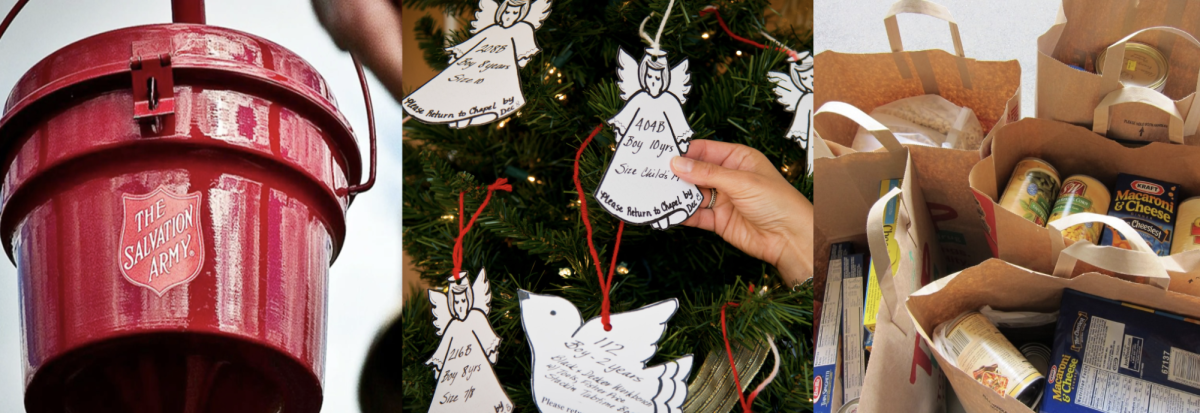I used to hang out at McDonald’s. On Friday nights, when there’s absolutely nothing to do, why not go get some chicken nuggets and chill at the McLounge? I’m young, my metabolism is high, and it was too easy to just ignore the greasy, catsup-covered, animal I was eating. However, this summer, some food documentaries inspired me to become a vegetarian, teaching me about the corrupt food industry and the disgusting nutrition facts of meat and other animal products.
I’ve heard far too many naïve insults and judgements since friends learned of my new, meat-free diet. “You won’t get enough protein,” “you are a crazy hippie,” and “what’s the point?” are just a few. Well, in fact, there is a point. My switch to vegetarianism signified my conscious effort to pay attention to the food I put into my body, aid the environment, decrease the cycle of animal violence, and boycott corrupt food industries.
The science clearly proves that vegetarianism is beneficial to health, starting with the basic statistic of a possible increase of thirteen years to life longevity. Vegetarians eat 25% less fat than meat eaters, and a low fat diet is the single-best way to prevent and reverse the effects of heart disease, coronary artery disease, and cancer. Lastly, endless studies show weight-loss with conscious vegetarianism. But a meat-free diet must be done right; just because pizza and french fries are “vegetarian” doesn’t make them healthy substitutes for meat. The point is, meat must be substituted with proteins sources such as beans, lentils, leafy vegetables, or plant-based meat replacements. Though, contrary to common beliefs, the body doesn’t require nearly as much protein as meat advertisements recommend.
Although food advertising paints a luscious green pasture of chickens and cattle running free and then somehow ending up on our plate, the reality of the meat industry lies in factory farms. They cruelly shove the food-destined animals in confined cells, pump them with hormones and vitamins to replace the need for exercise and sunlight, and use antibiotics to combat disease. Chicken’s beaks are seared off, and pigs don’t have room to turn around in their cage nor step out of their own feces, all in the name of McNuggets and bacon.
For those who care about the environment, the UN reports that a global shift toward a vegetarian diet is necessary to stop the greenhouse gas problem. According to Dr. David Brubaker, PhD at Johns Hopkins, “The way that we breed animals for food is a threat to the planet. It pollutes our environment while consuming huge amounts of water, grain, petroleum, pesticides and drugs. The results are disastrous.” Need I say more?
Our youthful metabolisms won’t last forever and eventually our teenage eating habits will catch up with us. My diet is nowhere near perfect, but when I put something in my body, I think about the ingredients, and where the food originated. My last four months of vegetarianism have led me into an increasingly healthier diet and mindset, and I surely don’t plan on touching a McChicken anytime soon.









































